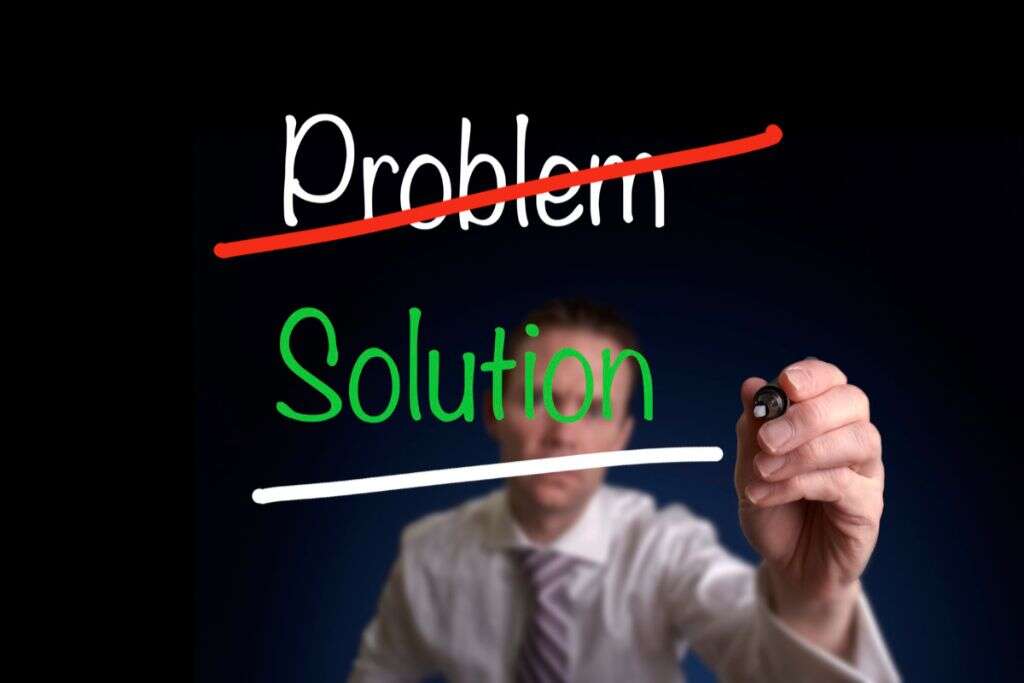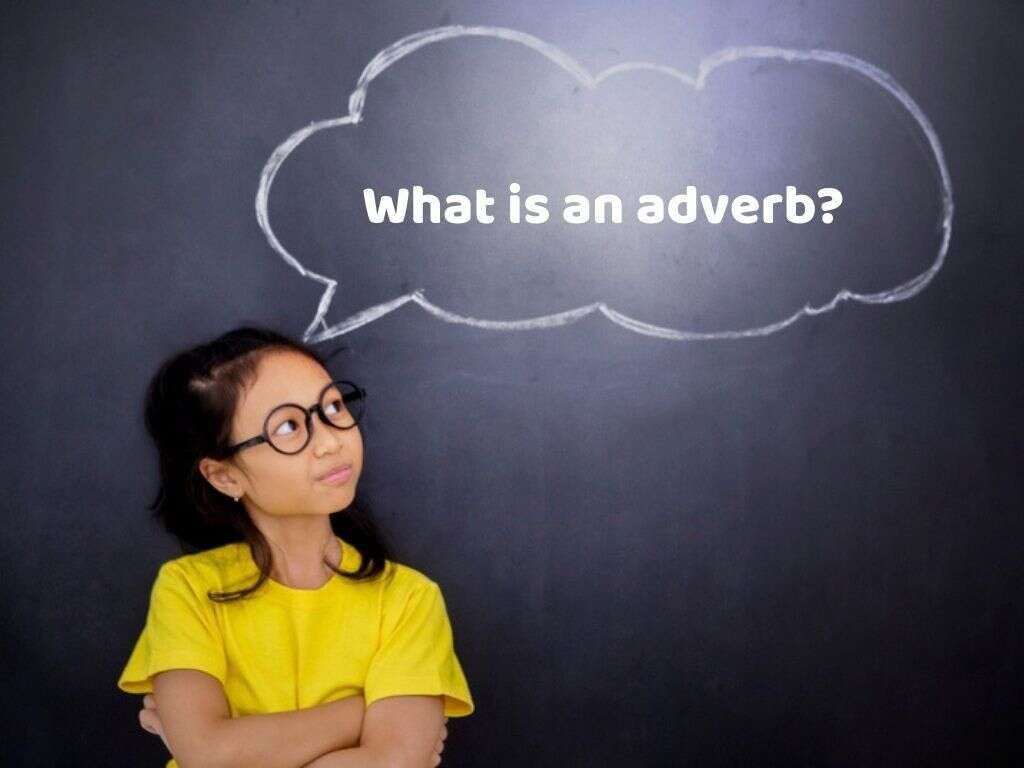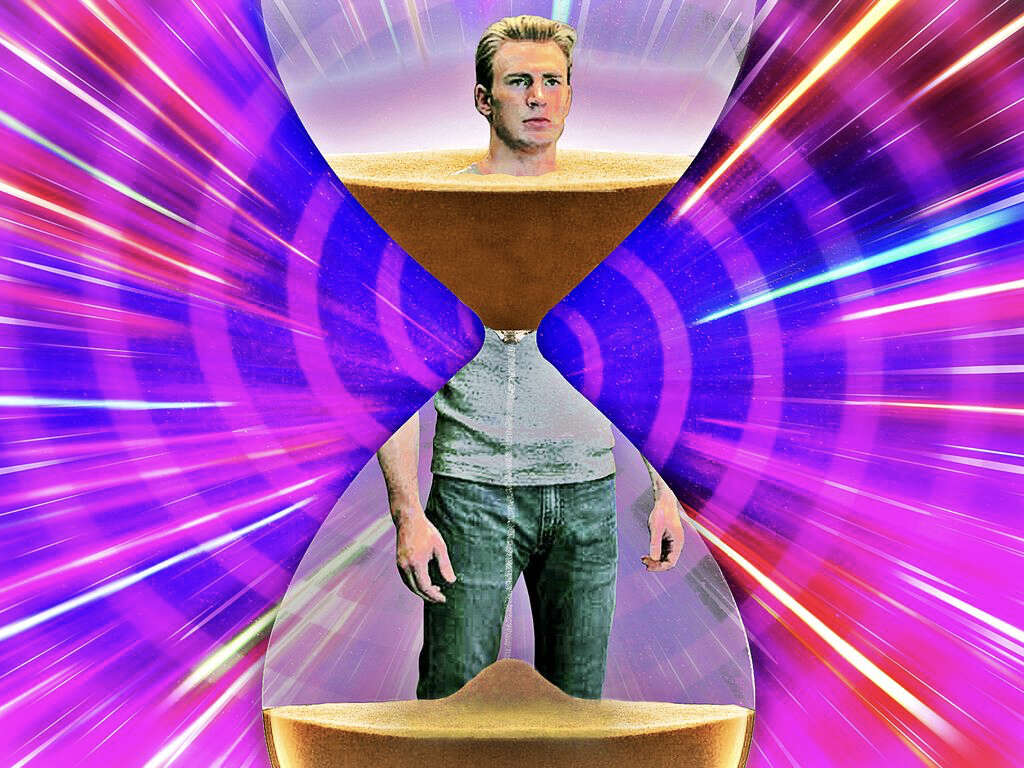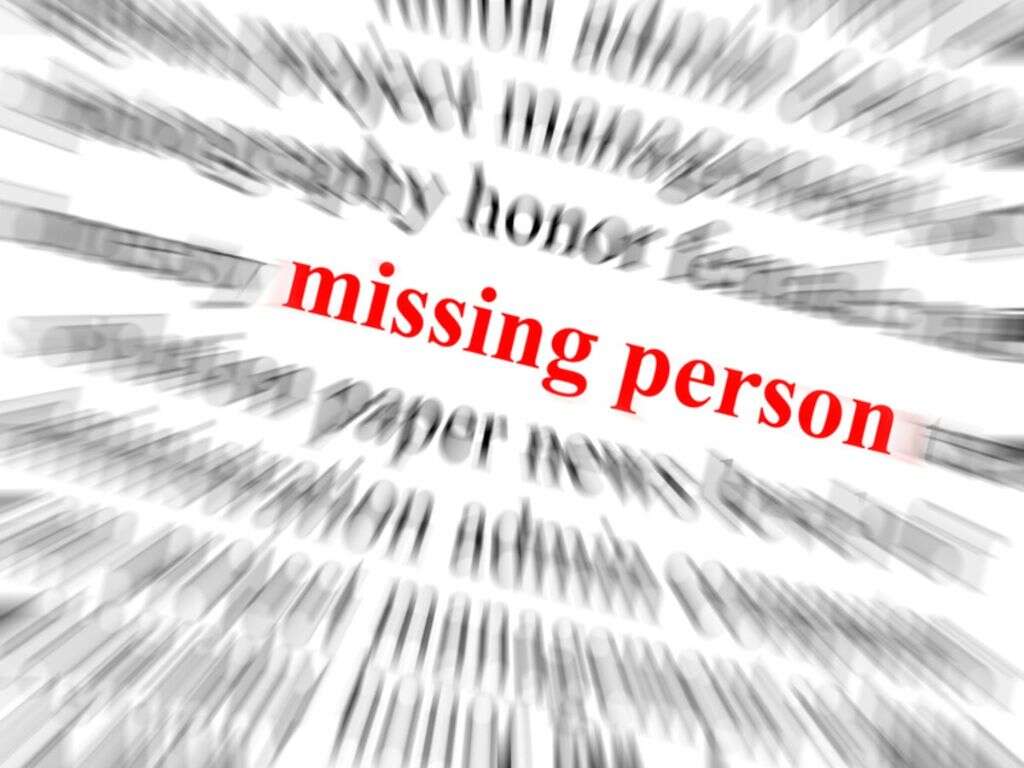10 Examples of Oxymorons
Oxymorons are figures of speech using two or more words that directly contradict each other. They are quite common in day-to-day language, and little attention is given to the fact that they are a contradiction in themselves. Quite often, we don’t even recognize that there is a contradiction at all.
Although technically contradictory, it will usually be quite overly pedantic to pick people up on them. Casual figures of speech are common in language, and the main point is to get your point across. Oxymorons can help us to do that very well, and here’s a look at some of the most common.
1. Cruel Kindness
A cruel kindness is a term that is often used to describe situations where somebody is performing a “cruel” act in order to be kind overall. For example, a friend might inform another friend that their partner is cheating on them. It is “cruel” because the news is likely to be painful, and “kind” because they are protecting their friend from a cheat. Another common example is to make people do something unpleasant for their own benefit. For example, forcing somebody to exercise will help to improve their health in the long term. People may not appreciate it at the time, but end up thanking the other person at some point in the future.

2. Deceptively Honest
This term is an oxymoron because the two words when used together in this way directly contradict one another. It is not possible to be honest if you are being deceptive, and a deceptive person would not be honest. The term is actually used to describe situations where a person has said something that is true, but they are deliberately leaving out important information.
For example: Does your dog bite? No, it doesn’t, comes the reply. The dog bites and the guy complains: You said that your dog doesn’t bite, to which comes the reply, that’s not my dog!. It was known all along he didn’t own the dog, he just chose not to say so, while still telling the truth.
3. Definitely Maybe
This is another fairly popular term that also directly contradicts itself. If something is definite, then it means that there is no doubt over it, whereas maybe means that we cannot be completely sure. Despite this, the term is used often in everyday speech, with many users apparently unaware that the term is a contradiction at all.
This oxymoron is often used in situations where somebody wants to express that they have a genuine interest in attending an event, for example, but they cannot be sure they can make it. For example, when somebody wishes to accept a dinner invitation, but will first need to find a babysitter.

4. Eloquent Silence
Eloquence is the ability to articulate your thoughts and speak in a manner that is fluent, elegant, and persuasive. Some of the best orators ever have been very eloquent indeed in the way that they speak to others, and are effective in encouraging other people to follow their cause. Eloquence is a speaking skill, however, so it contradicts directly with silence.
After all, how can somebody be silent and be speaking at the same time. What the term means is that, sometimes, just remaining silent can have a deep and powerful meaning in itself. For example, if there is silence once a politician finishes a speech, that silence may portray a very potent message.
5. Extinct Life
“Extinct life” is often used to describe animals that once lived on Earth but have since died out. The term is an oxymoron because if something is extinct, then it is no longer alive, even if it used to be. Regardless, the meaning of the term is still quite clear even if it does contradict itself.
The opposite of extinct is extant, and this refers to species of animals that are still found living today. A similar oxymoron is “living fossils,” which contradicts itself because fossils cannot be living. This particular term is used to describe ancient species that coexisted with dinosaurs and other long-extinct species.
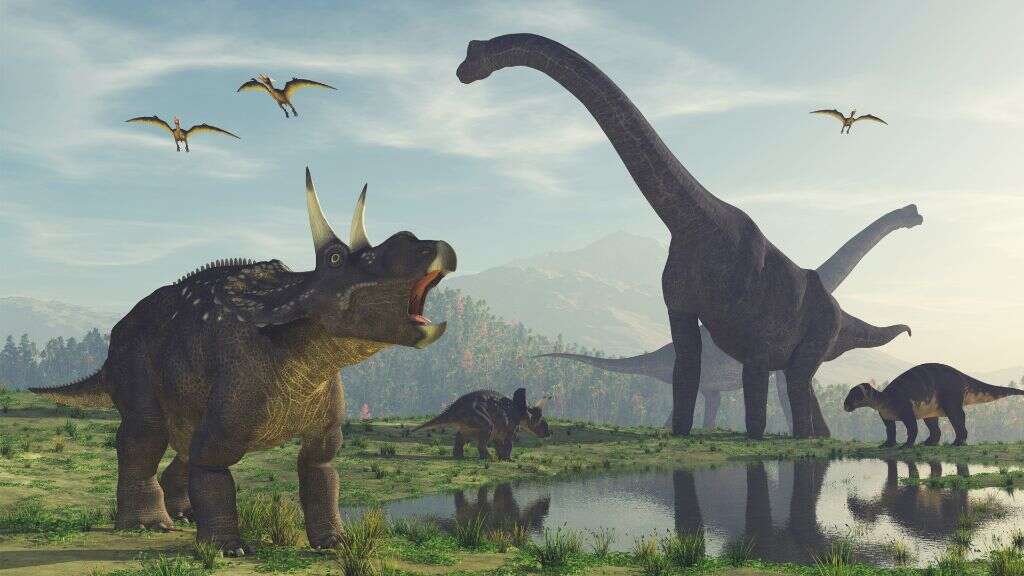
6. Found Missing
Here is another example of a term that uses two words that contradict each other and are, therefore, an oxymoron. If something has been found then it is not missing and if it is missing, then it cannot have been found. Regardless, it is still a common term and is usually used to help describe incidences where a person has gone missing.
It is used to describe situations where a discovery was made that a person is missing. For example, if your kids should be in their bedroom only for you to find out that they had vanished, they would be described as having been “found missing.”
7. Growing Smaller
When something grows, it typically gets larger than it was. This can include anything from plants, animals, affection, and even political sentiments. Hence, the term “growing smaller” is an oxymoron because something getting smaller is the opposite of something that is growing.
Sometimes, the term “grow smaller” is used to explain something that has shrunk in size. Technically speaking, this is just bad grammar, but the meaning of the term is usually still understood. It is not often that somebody is likely to pick you up on the contradictory nature of this term, so feel free to use it whenever you like.

8. Humane Slaughter
Human beings are omnivores. This means that we have evolved to eat meat in addition to vegetable matter. Eating meat means killing animals, and countless animals are slaughtered every day for consumption purposes. In many countries, laws are in place to help ensure that animals are slaughtered in a humane manner.
To slaughter animals is not a humane act, however, making the term somewhat of an oxymoron. Regardless, most people would likely agree that it is best to limit animals’ suffering in the slaughterhouses. We are also on our way to growing meat in the lab so maybe, one day, we can still get the meat we need without any animals having to suffer for it.
9. Larger Half
A half is exactly 50%, and the other half will also be exactly 50%. It is not possible for it to be any other way and, if a segment of something is not exactly 50%, then it simply is not exactly a half. That doesn’t stop some people using the term “the larger half,” despite the contradiction. One example of the term being used in this manner is to ask for the larger half of a cake.
It is simply somebody asking for the larger piece without necessarily asking for exactly 50% of the cake. It is quite sloppy, technically speaking, but we do tend to speak quite casually and we all know what is meant.
10. Impossible Solution
Some problems are very difficult to solve, but many of them are still solvable, even if it does take a nation’s brightest minds to achieve it. If a solution has been provided, then the solution must have been possible to achieve on account of it having been achieved.
As such, the term “impossible solution” is a contradiction and, therefore, an oxymoron. The term is generally used to describe problems that have been extremely difficult to solve. They are described as impossible to highlight just how difficult they have been, even though it was not actually impossible in a literal sense.
